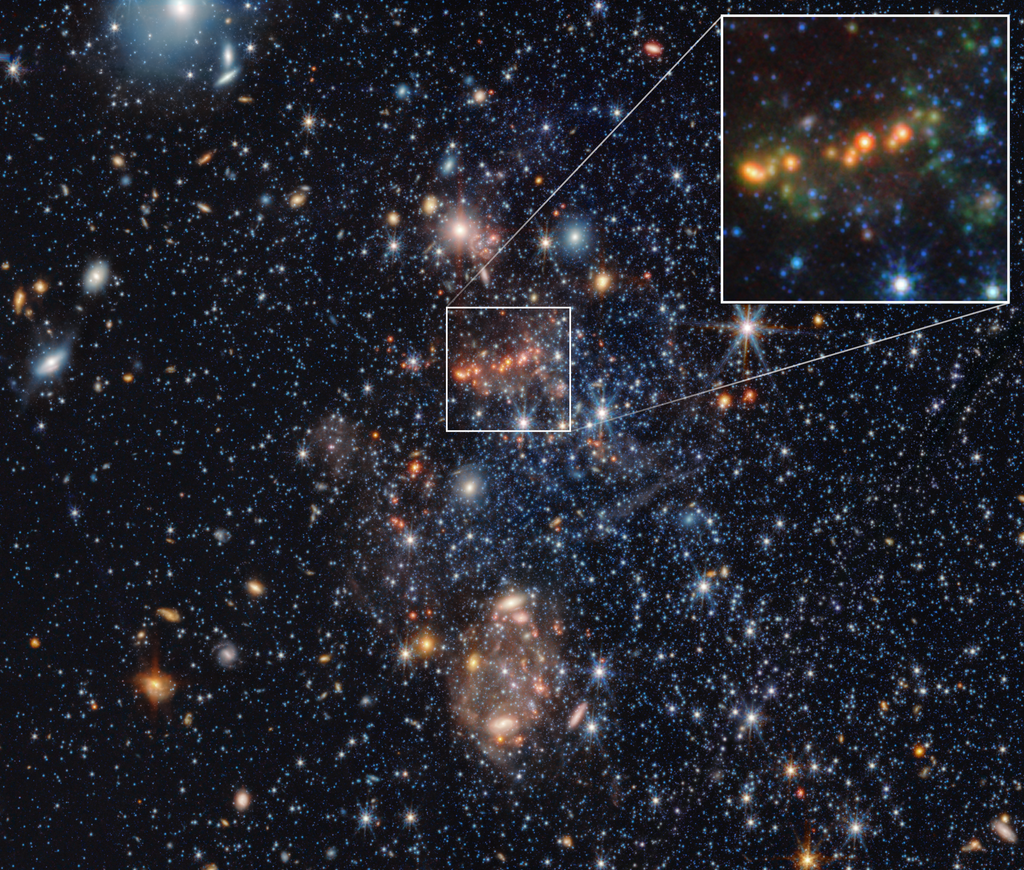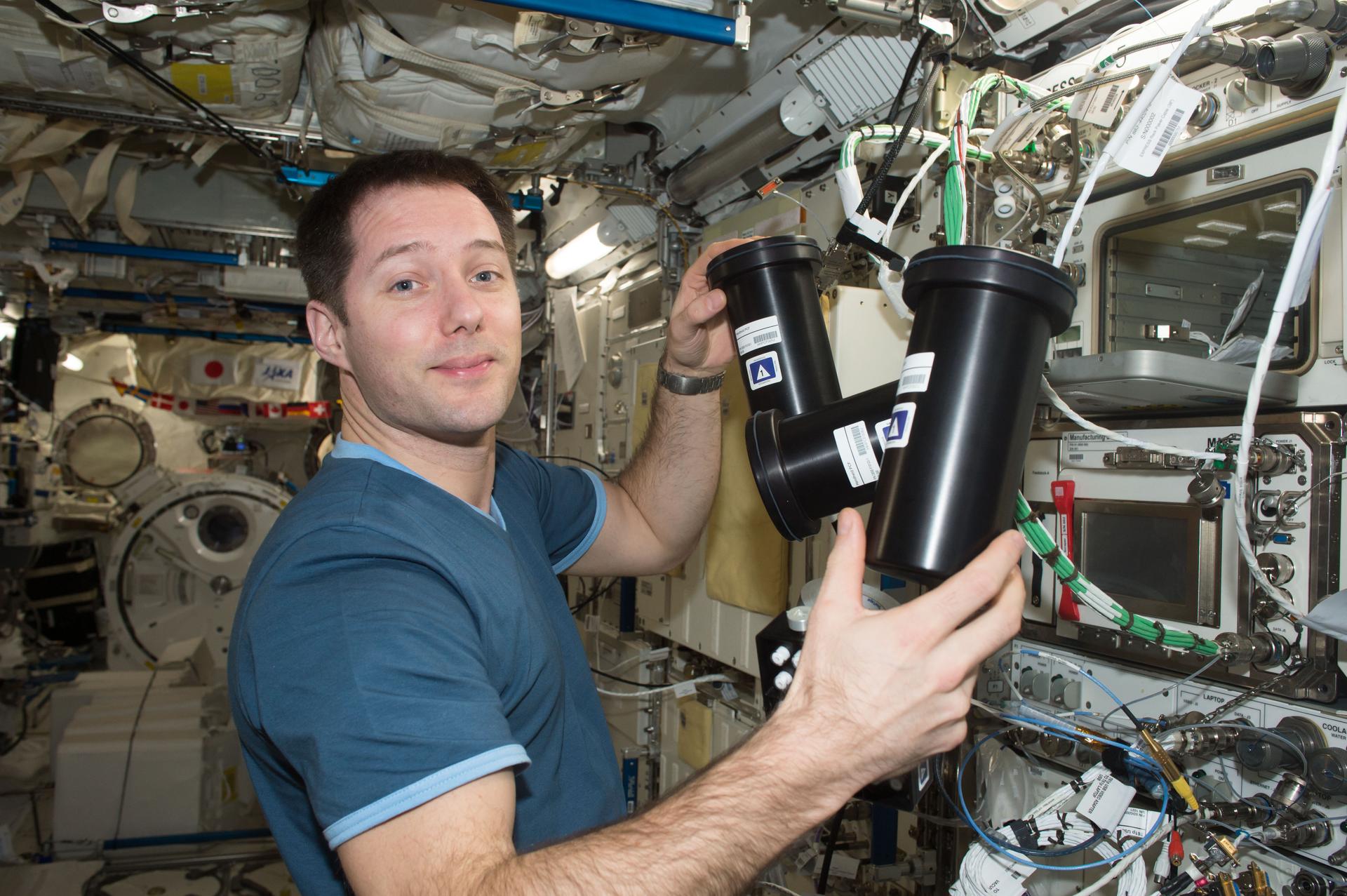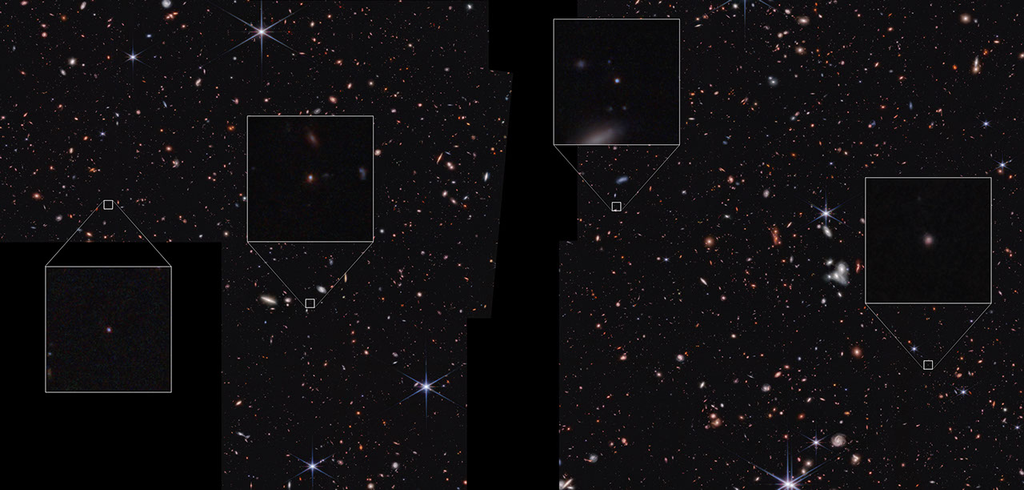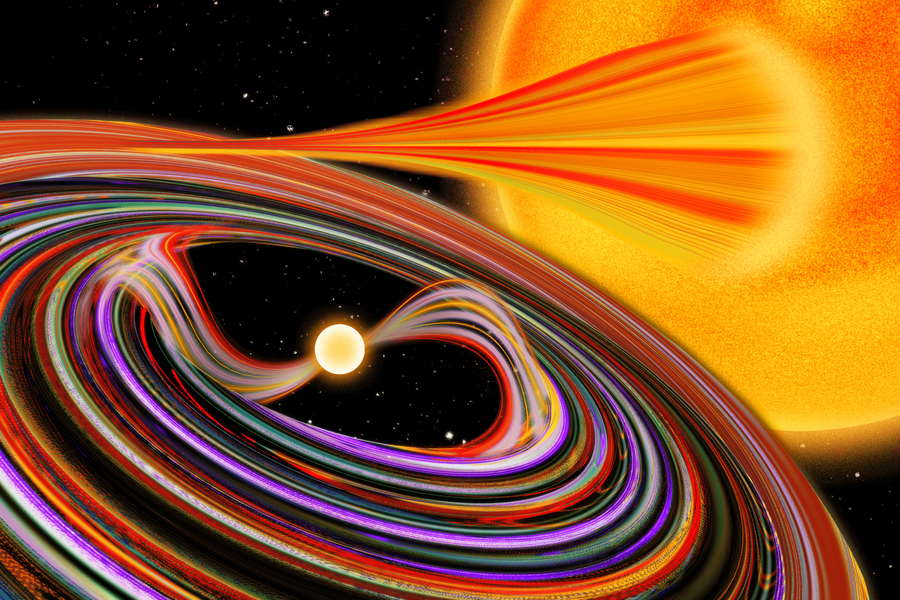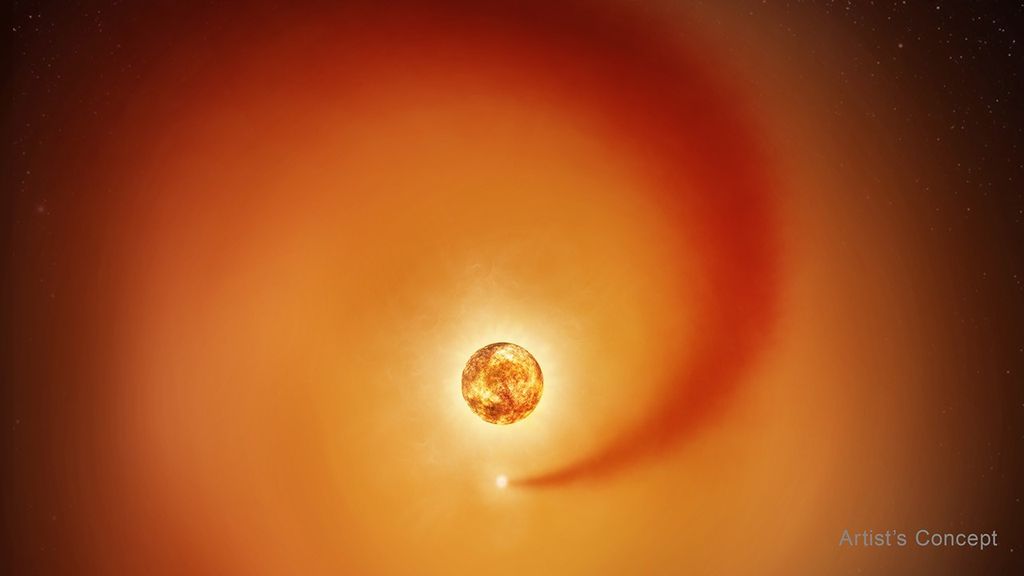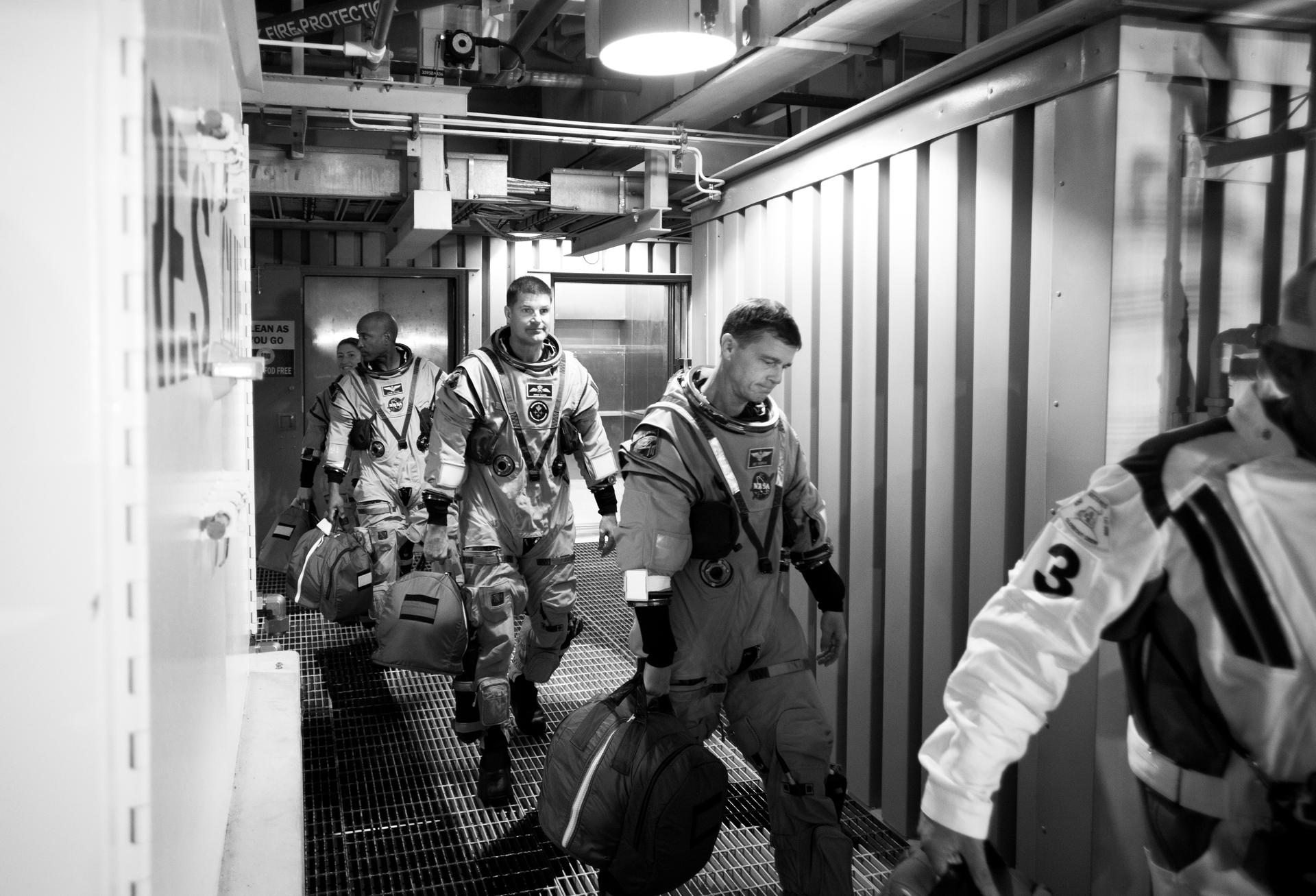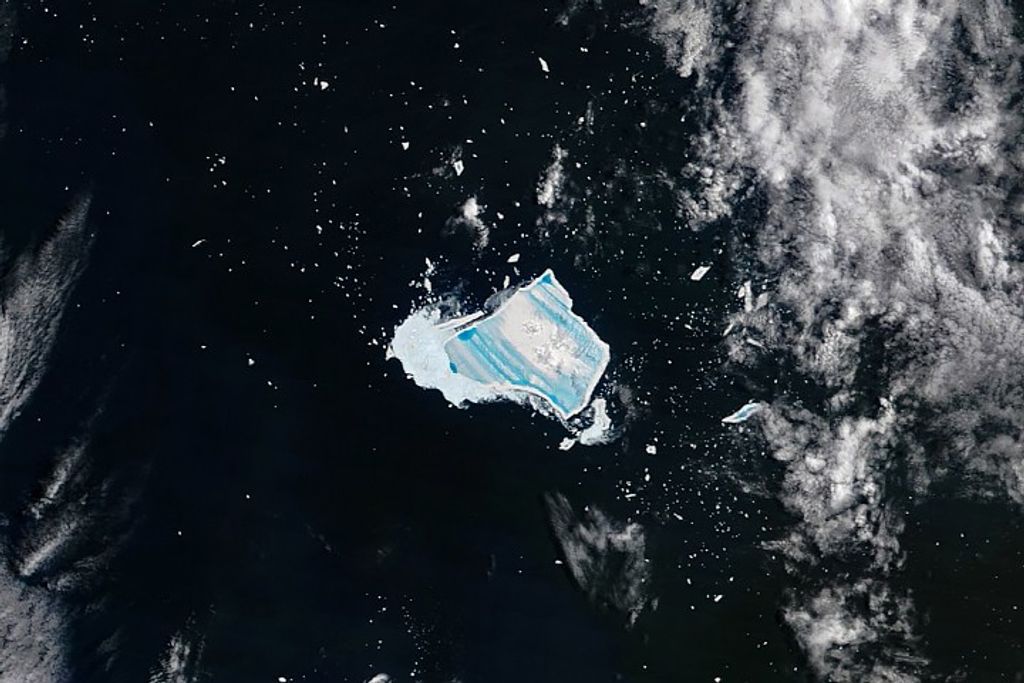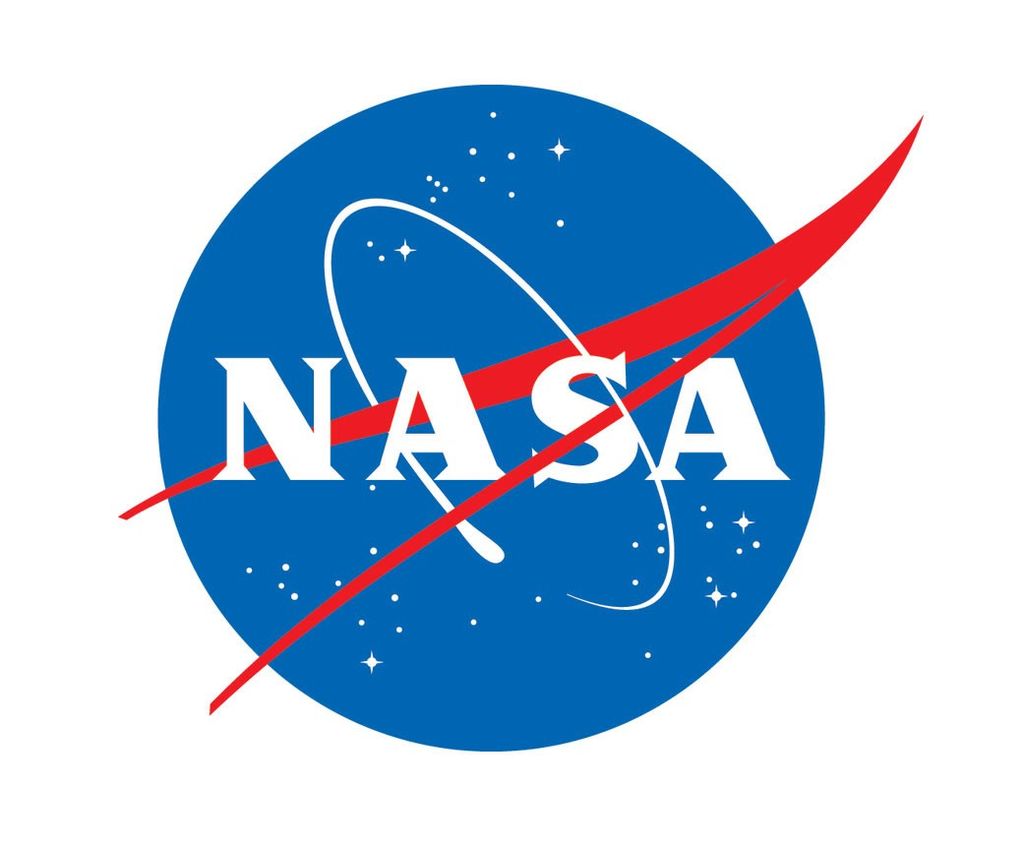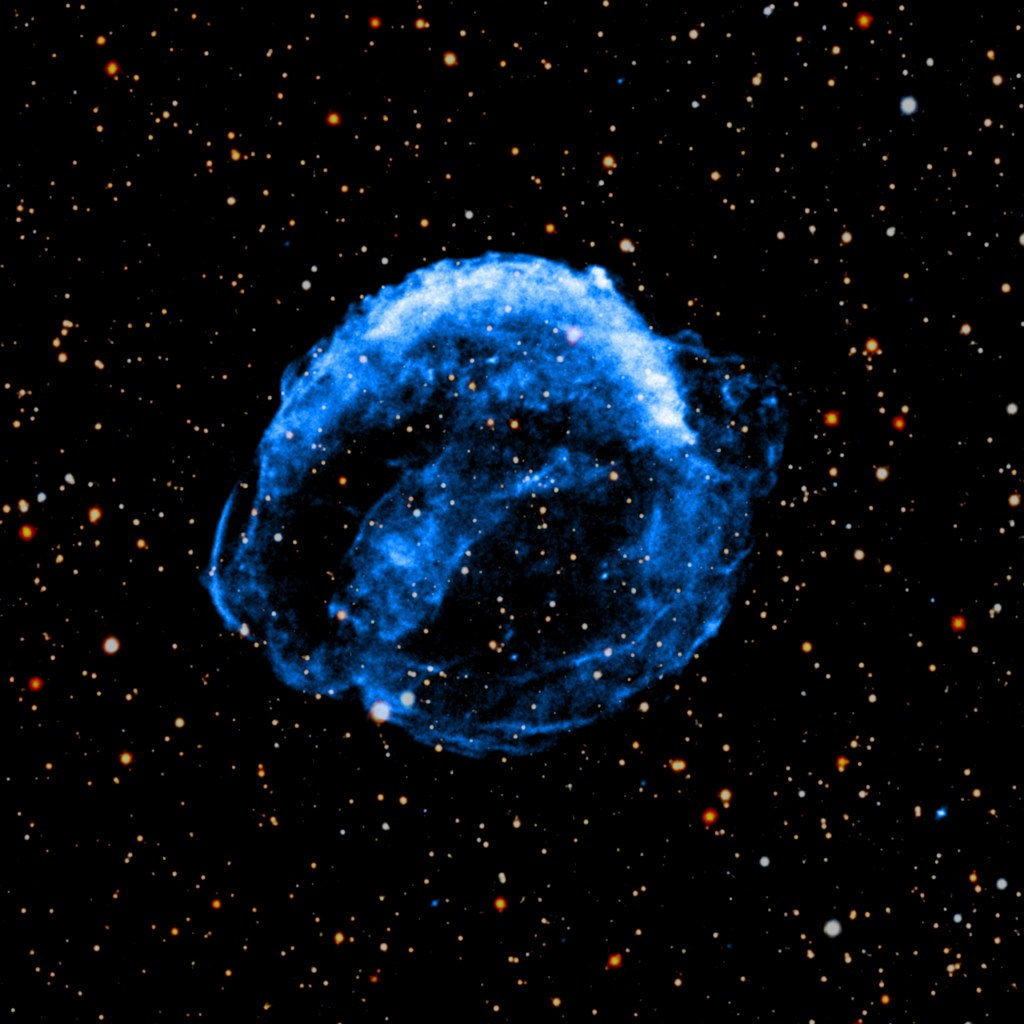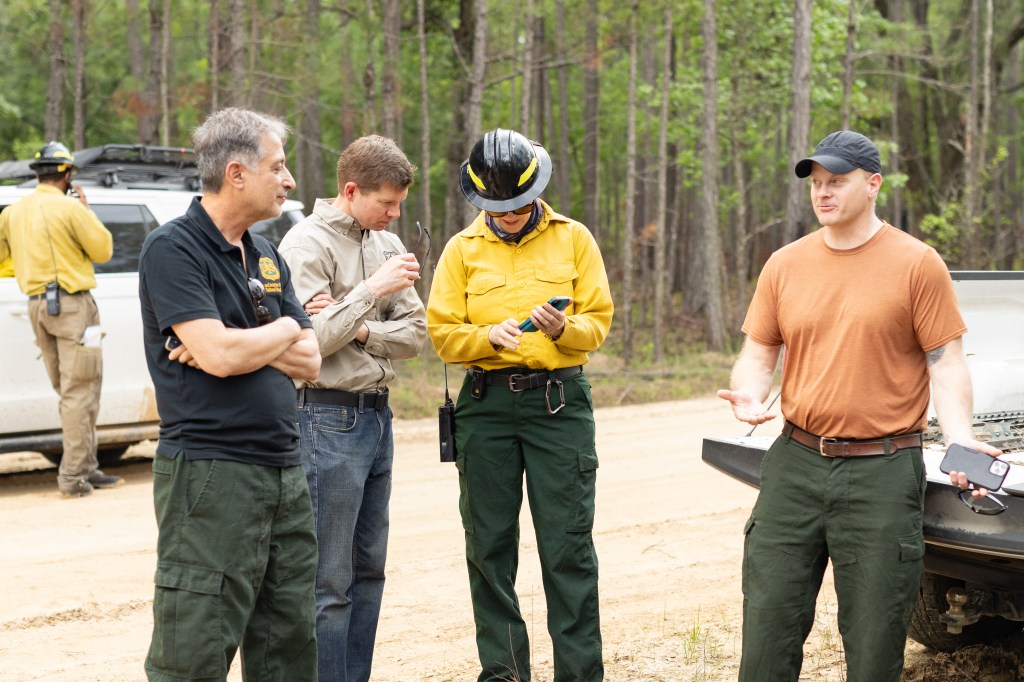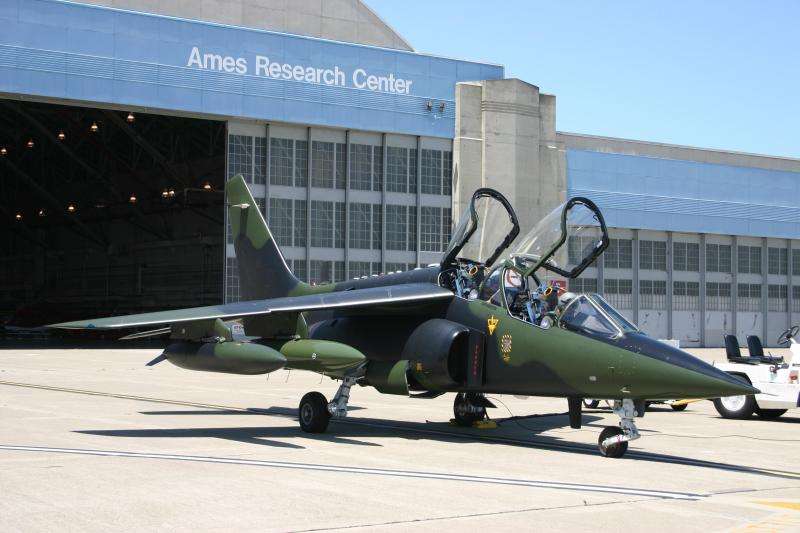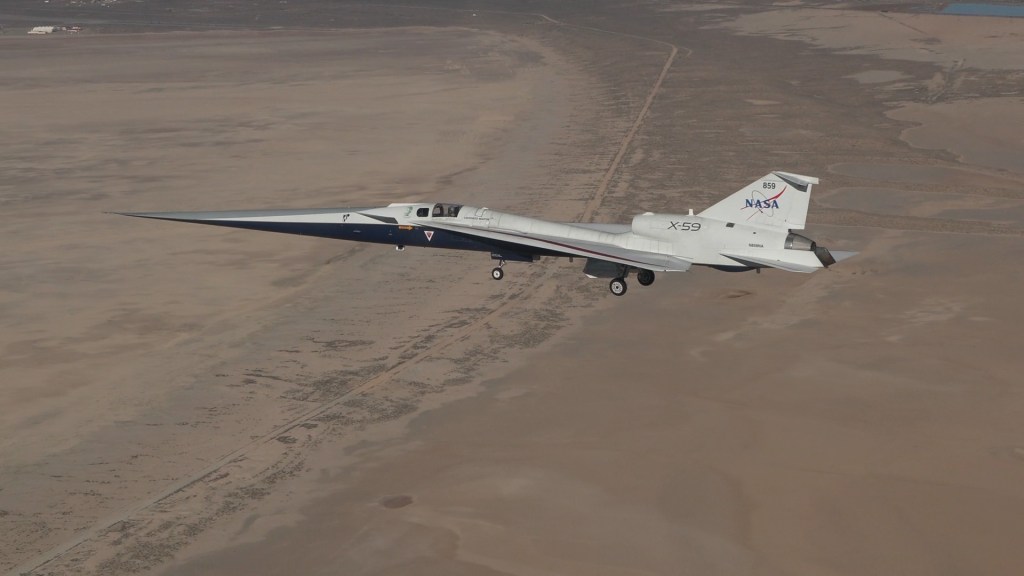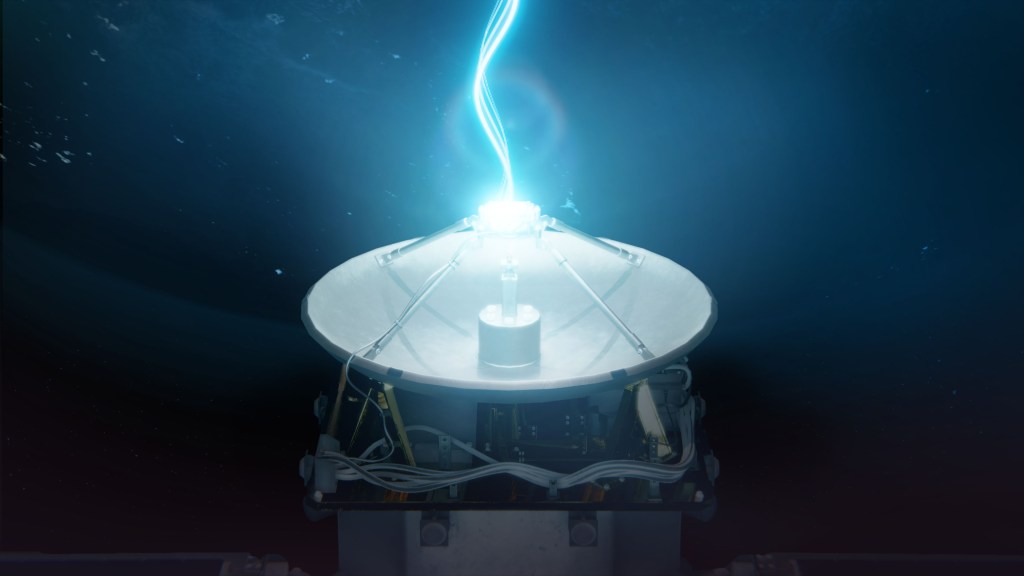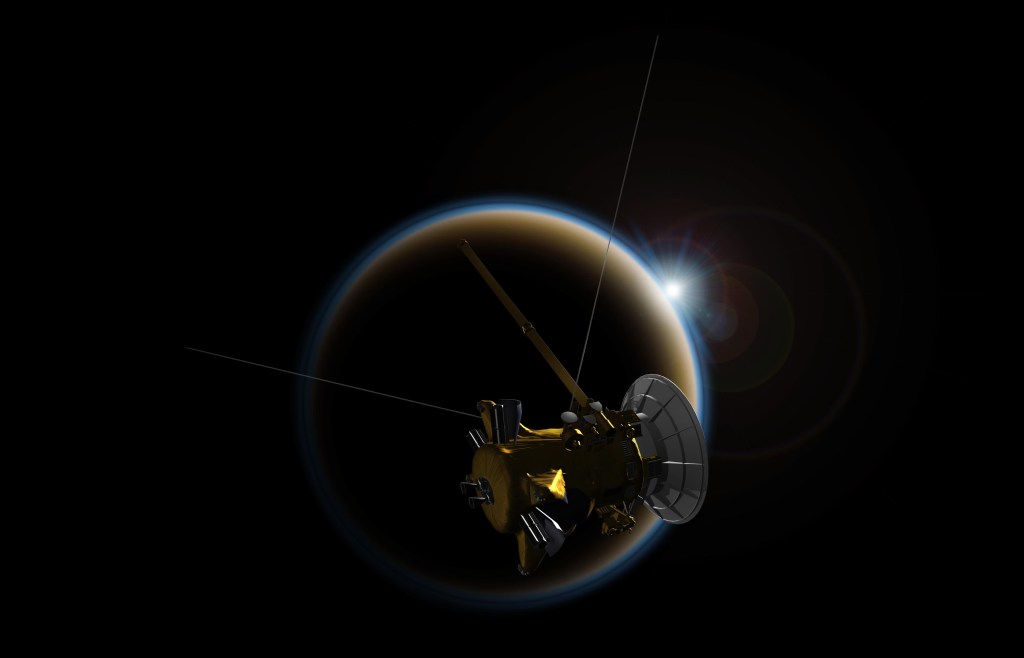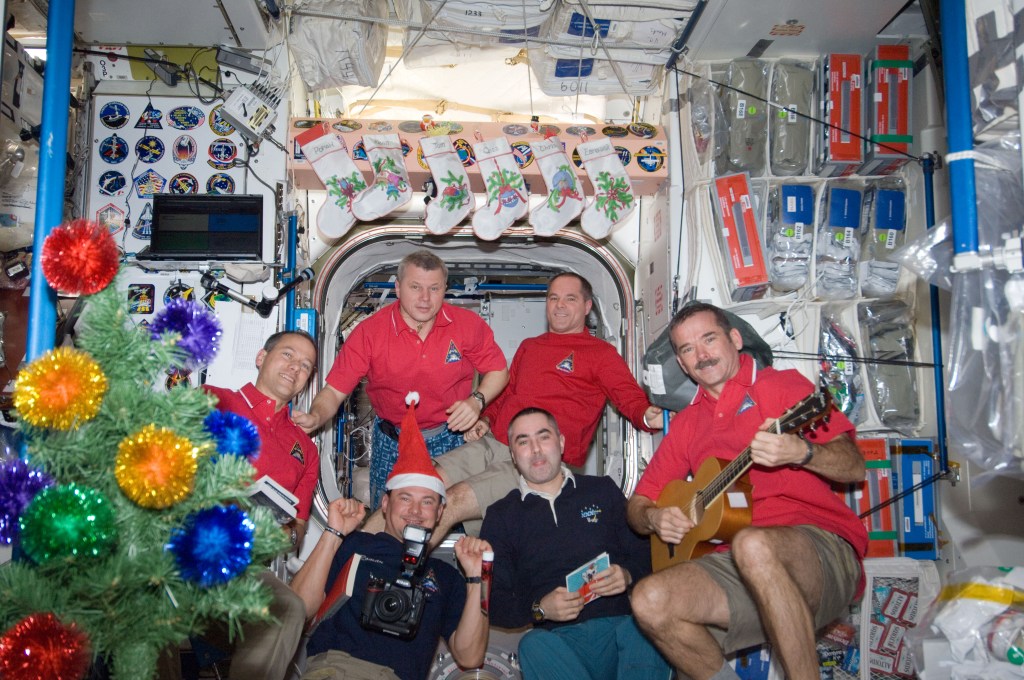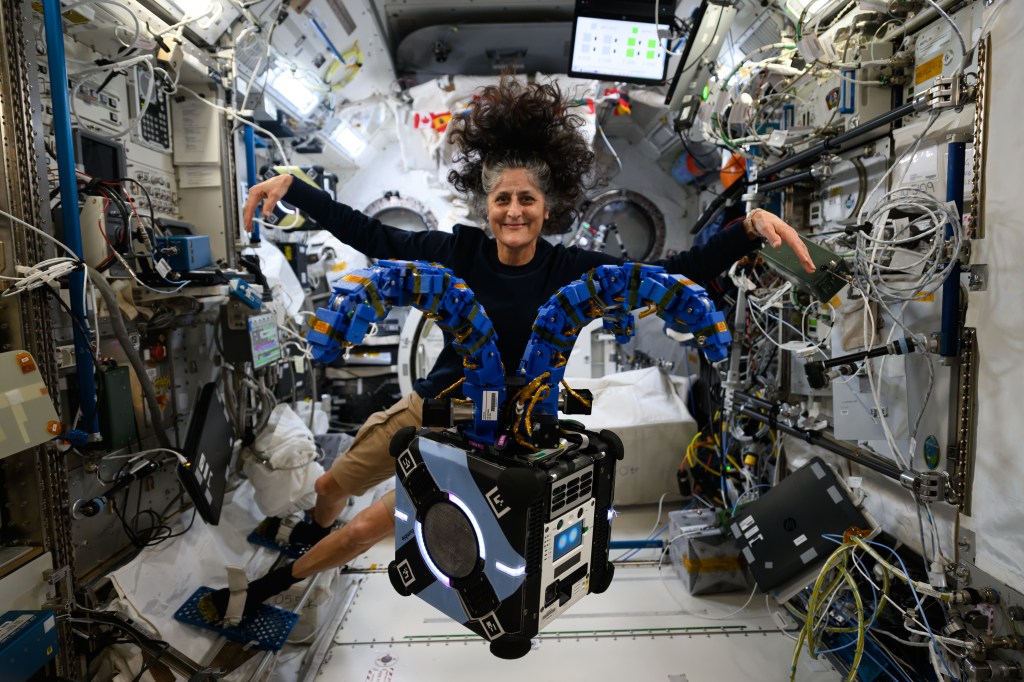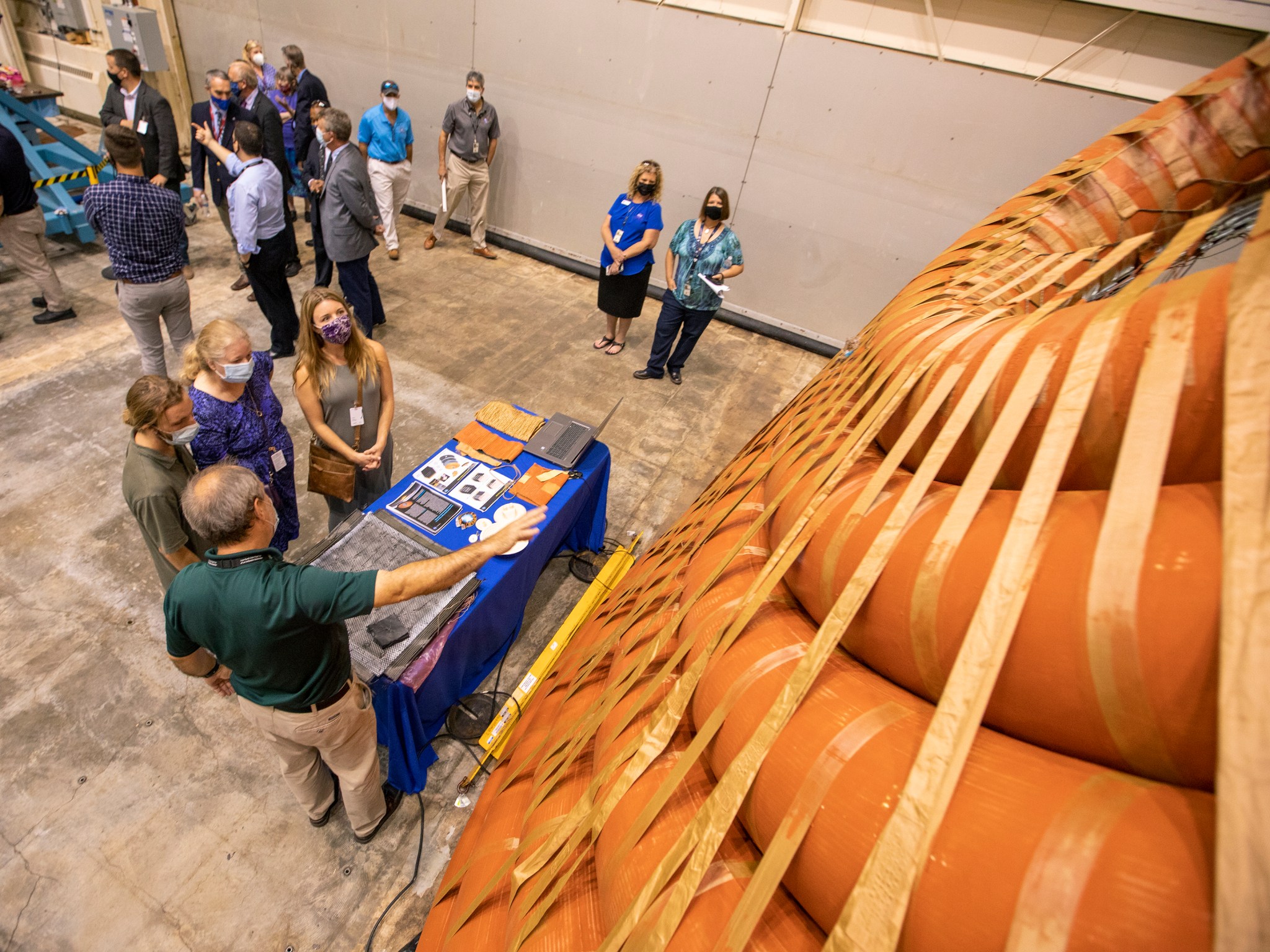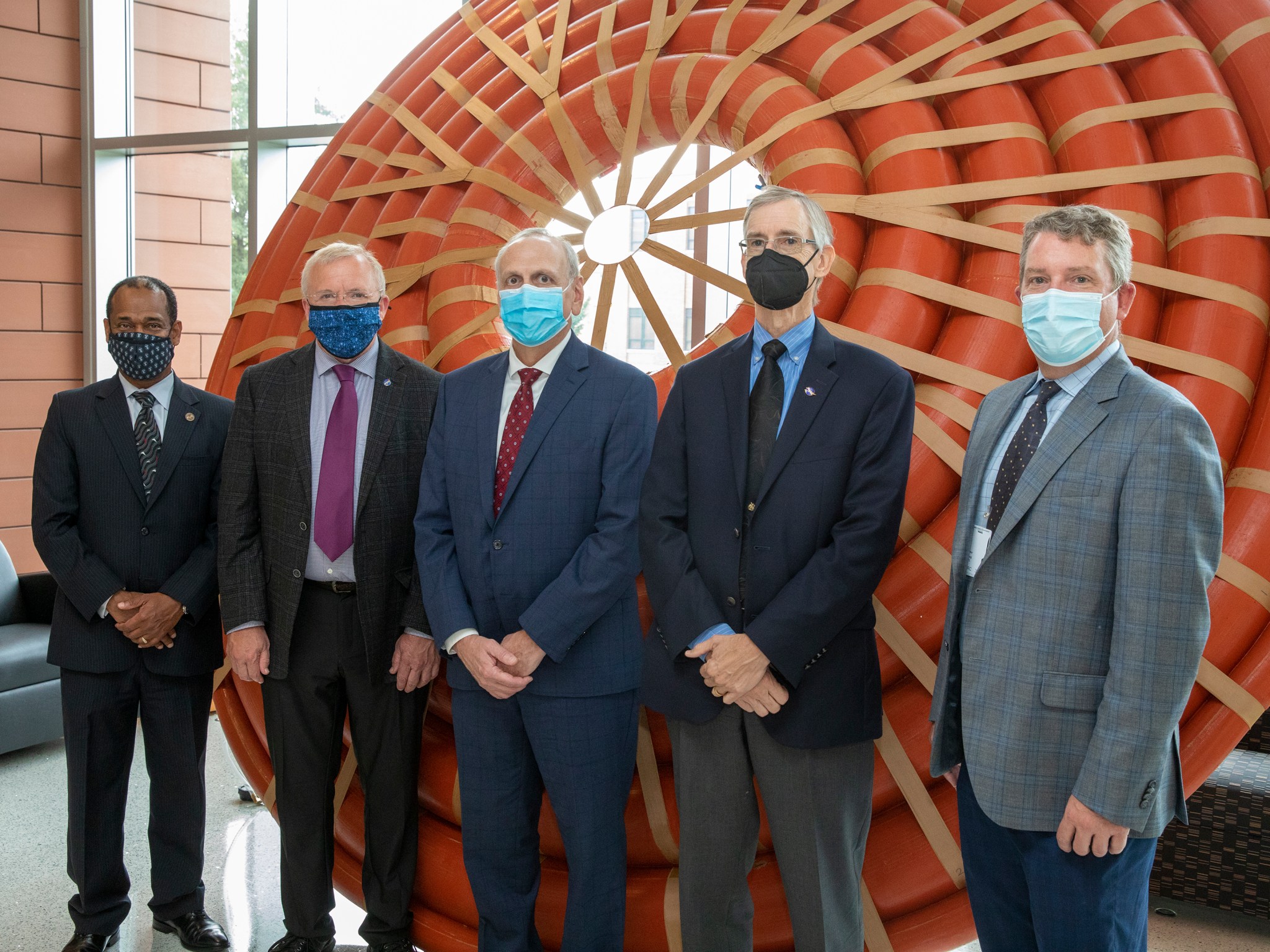NASA and United Launch Alliance dedicated the Low-Earth Orbit Flight Test of an Inflatable Decelerator (LOFTID) mission in honor of Bernard Kutter, manager of advanced programs at ULA, who passed away in August 2020.
LOFTID is an orbital flight demonstration of the Hypersonic Inflatable Aerodynamic Decelerator (HIAD), a NASA technology that could one day help land humans on the surface of Mars. The LOFTID reentry vehicle is scheduled to launch as a secondary payload with the Joint Polar Surveyor System-2 (JPSS-2), a polar-orbiting weather satellite, in September 2022. After JPSS-2 reaches orbit, LOFTID will be put on a reentry trajectory from low-Earth orbit to demonstrate the inflatable aeroshell, or heat shield, can slow down and survive re-entry.
LOFTID is being dedicated to Kutter, who was not only an advocate for more lower cost access to space, but also the technologies that could make it a reality. The ULA engineer took a keen interest in NASA’s inflatable heat shield technology, which could enable the safe return of Vulcan rocket engines as part of ULA’s re-use program, as well as land large payloads on Mars required for crewed missions. He was instrumental in advancing the ULA re-use technology and developing the plan to test the system on an Atlas V rocket.
The LOFTID project is a part of the Technology Demonstration Missions program within NASA’s Space Technology Mission Directorate. The project is managed by Langley with contributions from NASA’s Ames Research Center in California’s Silicon Valley, NASA’s Marshall Space Flight Center in Huntsville, Alabama, and NASA’s Armstrong Flight Research Center in Edwards, California.

